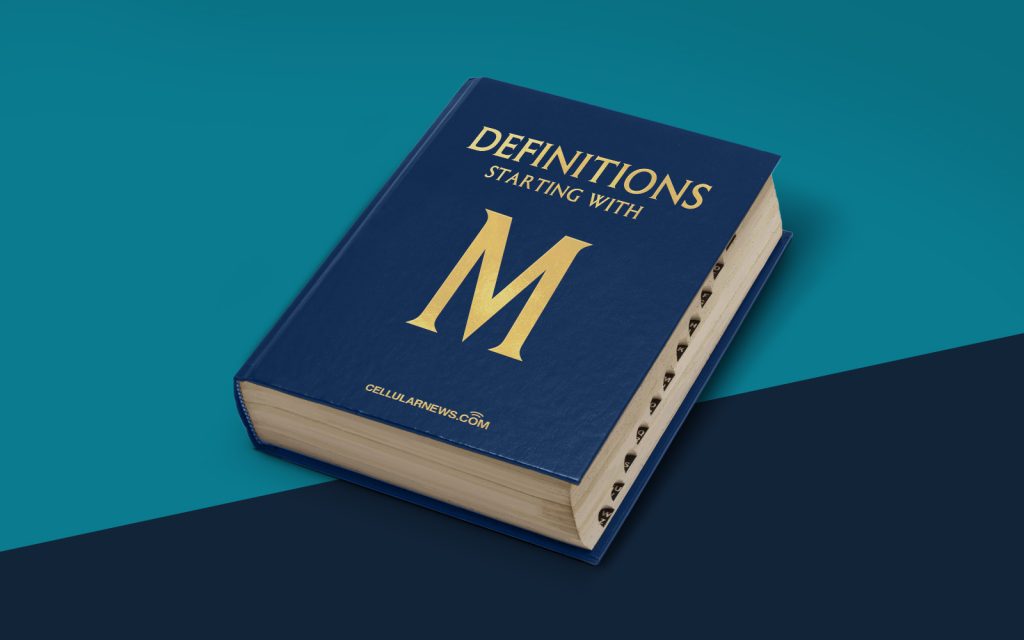
Introduction
Mobile Health, also known as mHealth, is a rapidly evolving field that combines mobile technology with healthcare to deliver medical information, services, and support directly to individuals, regardless of their location. It encompasses a wide range of digital health initiatives that aim to improve access to healthcare, enhance patient engagement, and provide personalized healthcare solutions on mobile devices.
Key Takeaways
- mHealth is the integration of mobile technology with healthcare, providing medical information, services, and support on mobile devices.
- It aims to improve access to healthcare, enhance patient engagement, and provide personalized healthcare solutions.
What Is Mobile Health (mHealth)?
Mobile Health, or mHealth, is the use of mobile devices such as smartphones, tablets, and wearables in healthcare to deliver healthcare services and information remotely. It leverages the power of mobile technology to provide timely and accessible healthcare solutions. The convenience of mobile devices allows individuals to manage their health and access healthcare services from anywhere, at any time.
Mobile Health encompasses a broad range of applications and services, including:
- Health Tracking and Monitoring: Mobile apps and wearable devices enable individuals to monitor their health and track various health parameters such as heart rate, blood pressure, sleep patterns, and physical activity. This empowers individuals to take control of their health, make informed decisions, and proactively manage chronic conditions.
- Telemedicine: mHealth enables remote consultations and virtual visits with healthcare professionals. Patients can connect with doctors through video calls or messaging platforms, eliminating the need for in-person visits, especially for minor illnesses, follow-ups, or routine check-ups. This improves access to healthcare, particularly for individuals in remote areas or those with limited mobility.
- Health Education and Awareness: Mobile health apps and websites provide valuable health information, resources, and educational materials. They promote health literacy, empower individuals to make informed decisions, and raise awareness about various health conditions, prevention strategies, and healthy lifestyle choices.
- Medication Management: Mobile apps and reminders help individuals organize and manage their medication schedules. They provide alerts, dosage reminders, and information on drug interactions, helping users stay on track with their medications and avoid medication errors.
- Emergency Services: Mobile health apps can provide emergency services such as connecting individuals to emergency helplines, alerting emergency contacts, and providing crucial first aid information in case of accidents or emergencies. These apps can potentially save lives by providing immediate assistance and guidance.
mHealth has the potential to revolutionize healthcare by bringing healthcare services directly to the fingertips of individuals. It offers convenience, accessibility, and personalized healthcare solutions that empower individuals to take charge of their health and well-being.
Overall, the integration of mobile technology with healthcare through mHealth opens up new possibilities and opportunities for improving healthcare delivery, patient engagement, and overall health outcomes. It has the potential to bridge gaps in healthcare access, enhance communication between patients and healthcare providers, and empower individuals to make informed decisions about their health.
In conclusion, mobile health (mHealth) is an exciting and transformative field that harnesses the power of mobile technology to revolutionize healthcare. As technology continues to advance, the possibilities for mHealth are immense, and its impact on healthcare delivery and patient outcomes is likely to grow exponentially.
